Exact Answer: 6-10 hours
Getting drunk can be fun and entertaining. Most people look forward to the day they become of legal age to drink. Lowered inhibitions and elevated moods provide you with a good time. However, getting drunk has its adverse effects, such as causing physical injuries, medical problems as well as scuffles with the law.
What it feels like to be drunk
When you drink, alcohol enters your bloodstream, where it affects both your body and brain functions. When you drink a lot of alcohol, you get drunk, and you are likely to experience:
- Loss of balance
- Blurred vision
- Drowsiness
- Poor coordination
- Poor judgment
- Low heart rate
The more alcohol you consume, the more the effects. Excessive drinking can lead to alcohol poisoning, which can result in dehydration, seizures, vomiting, a coma, and even death.
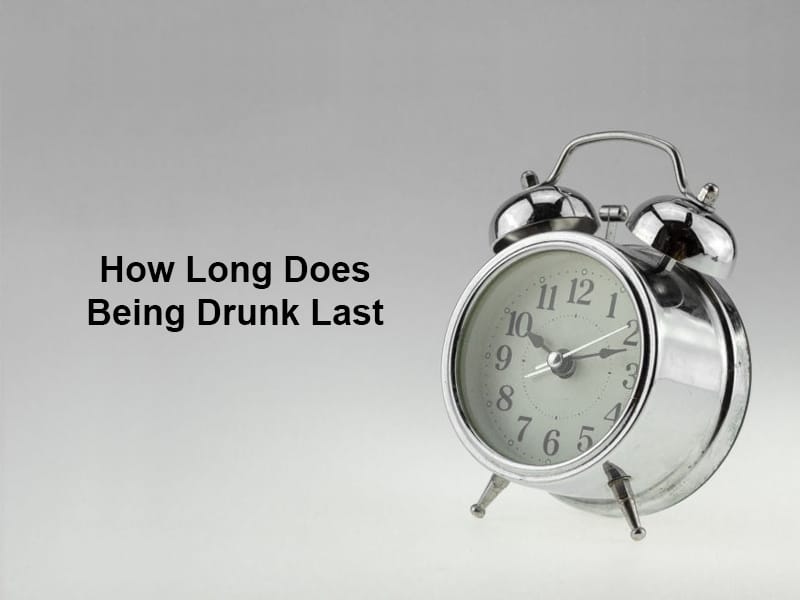
How long does being drunk last
You will start feeling the effects of the alcohol approximately thirty minutes after you start drinking. One is said to be legally intoxicated if your BAC (blood alcohol content) is 0.08% and above. The amount of time the alcohol will remain in your system will depend on various factors. These are:
- Bodyweight
- Gender
- Medication
- Food
- Water
Typically, the effects of alcohol will wear off in 6-10 hours after drinking; at this time, you will experience the hangover symptoms. If you sip slowly, the results are also likely to subside fast, but if you drink quickly, then you are likely to feel the effects of alcohol for a long time.

Why does being drunk last that long
Bodyweight
The heavier you are, the more blood you have in your system, and thus the more alcohol you need to get drunk. You are also likely to sober up faster if you are heavier as your BAC is expected to lower more quickly due to the extra weight.
Gender
Typically, men require more alcohol than women to get drunk; this is based on the fact that BAC rises slower in men than in women. Besides, alcohol in men is absorbed in the stomach, whereas in women, it is incorporated in the intestines. Absorption rates are lower in the stomach than in the organs. Thus women get drunk faster than men. Metabolism rate is higher in men than in women, meaning that therefore, it takes longer for the BAC to lower in women than in men.
Food
Eating before drinking will lower the rate of alcohol absorption in the body; thus, your BAC does not raise so high. Eating before taking a drink boosts the liver activity, this means that the alcohol you consume is quickly processed, and thus you sober up much quicker.
Medication
Different medication has different effects; some medication will lengthen the amount of time you remain drunk. Drugs that thin your blood will have you drunk for longer. Other medicines that slow down metabolism rate will also have you stay drunk for longer.
Water
Drinking water works the same way as eating food before a drink; it is essential in determining how long you will remain drunk. When you drink water, you dilute the amount of alcohol in your system, thus lowering your BAC.

How long does being drunk last? The amount of time will depend on various factors, and it is essential to know the signs of being drunk to avoid taking too much that will harm your body.


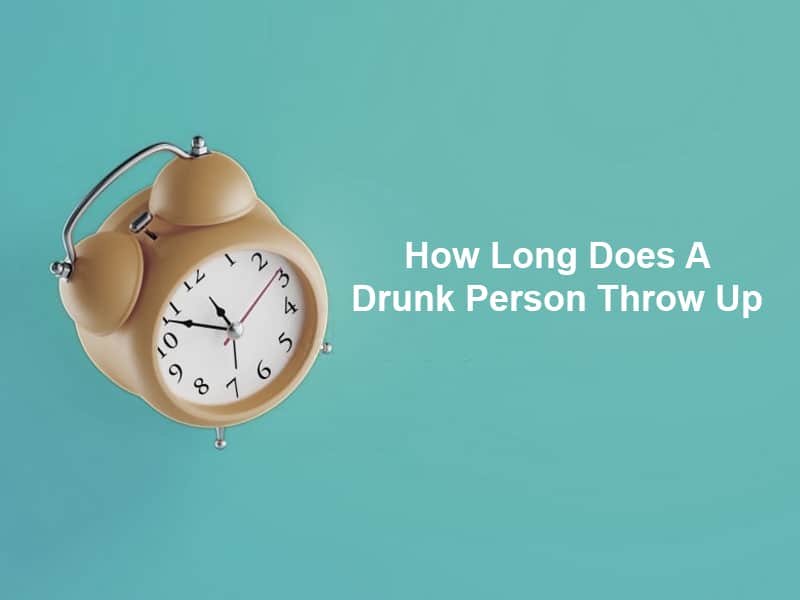




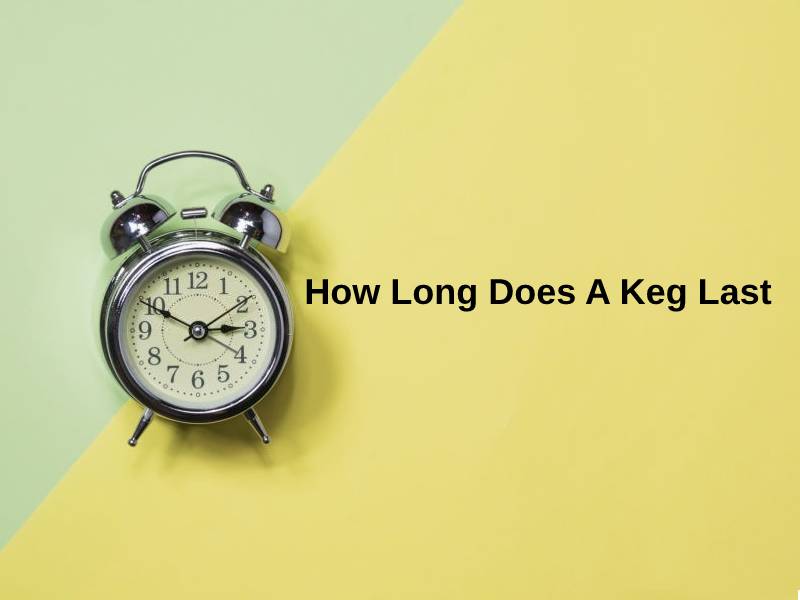
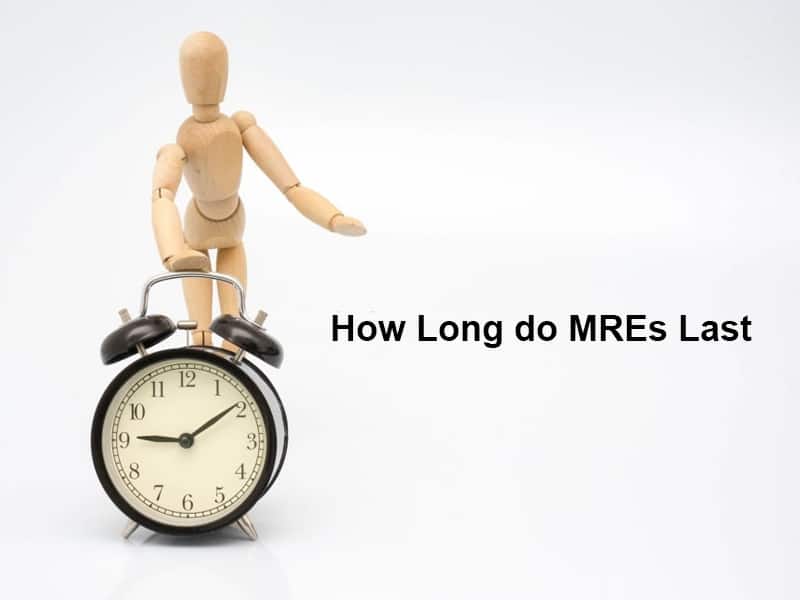



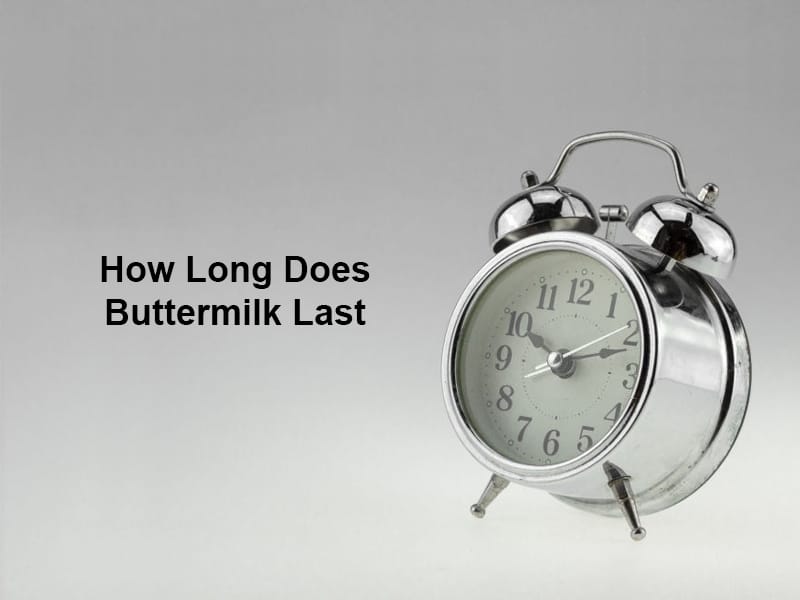





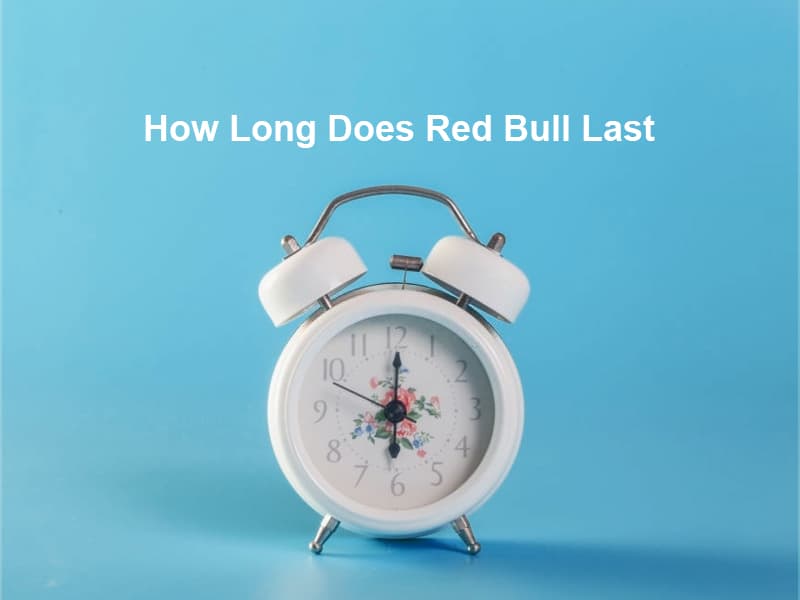
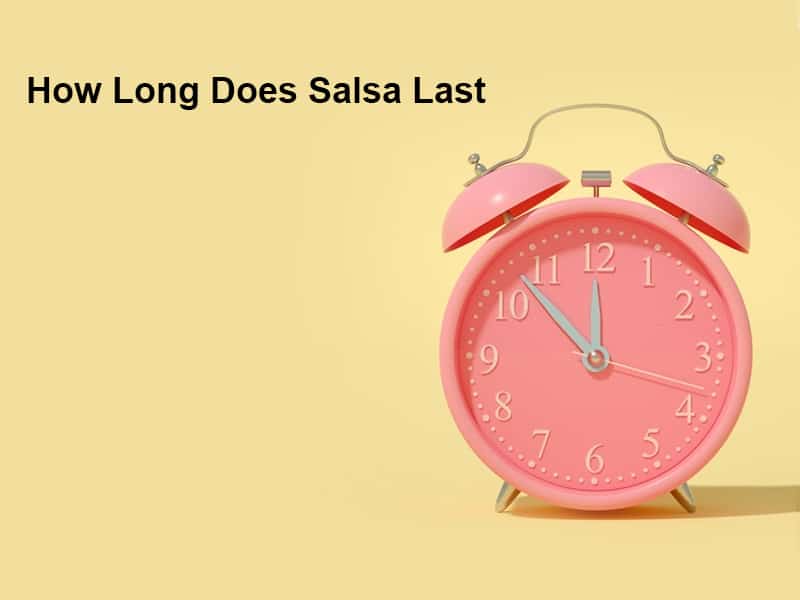
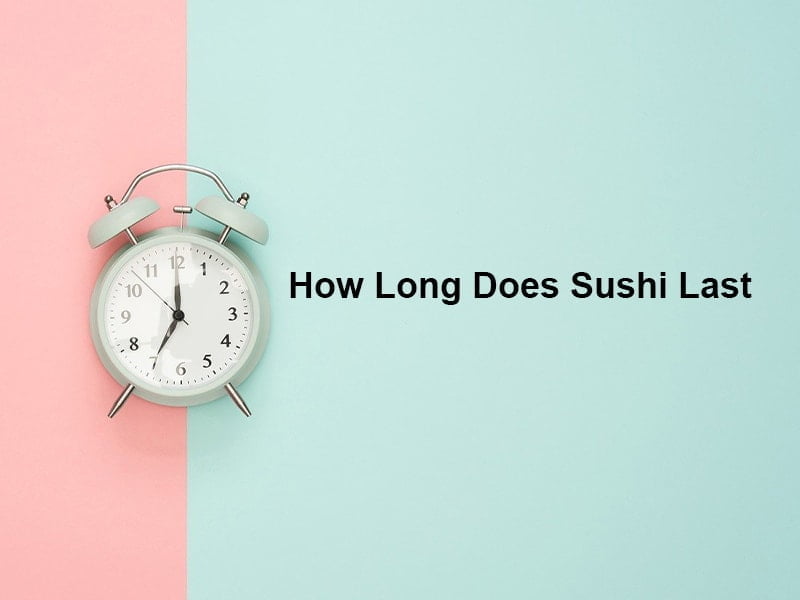





Alcohol consumption requires responsible and informed decision-making to prevent harm to oneself and others.
Understanding how alcohol interacts with medication can help prevent severe health risks associated with drinking.
Being aware of medication interactions with alcohol can prevent dangerous situations and promote safer drinking habits.
Moderation and awareness of the effects of alcohol on the body are key for safe drinking.
Alcohol affects individuals differently and understanding its impact is essential.
Alcohol can have both positive and negative effects depending on the individual and situation.
Knowing the risks and potential consequences of drinking alcohol is essential for informed decision-making.
Educating individuals about responsible drinking practices can help promote healthier behaviors.
The effects of drinking alcohol should not be underestimated and it’s important to be aware of its risks.
Understanding the factors that influence how long alcohol remains in the system is vital for responsible drinking.
Drinking responsibly and knowing your limits is crucial to avoid dangerous consequences.
Educating people about the influence of food and water on alcohol metabolism is crucial for promoting safety and health.
Drinking in moderation and being aware of individual differences can help people understand how alcohol affects them.
The duration of being drunk is influenced by multiple factors and varies for each person.
Knowing these factors can help prevent excessive alcohol consumption and its negative consequences.
Increasing awareness about the factors influencing alcohol metabolism can contribute to safer drinking behaviors.
Being drunk should not be taken lightly, it can lead to severe health damage.